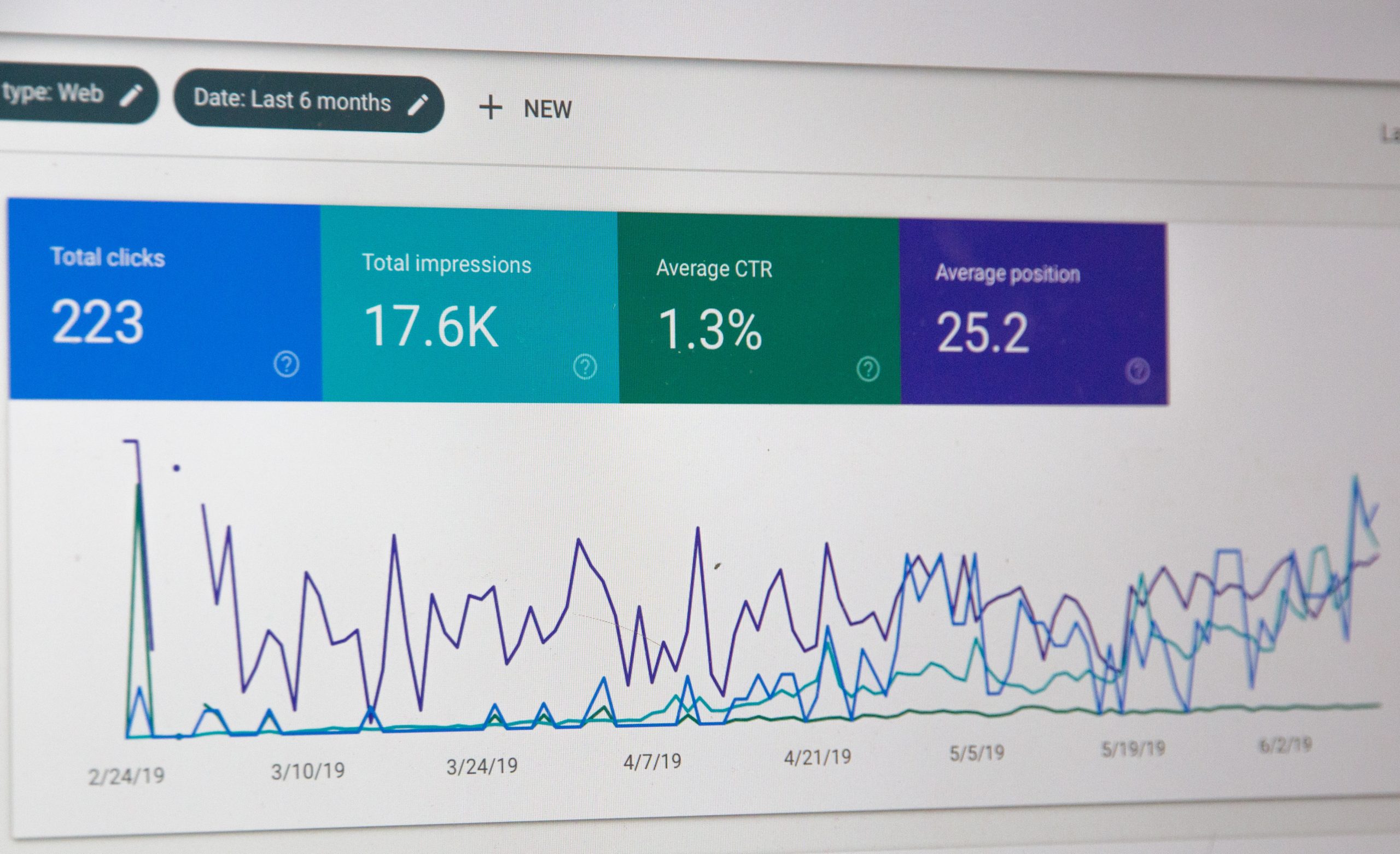A key component of any SEO strategy is link building. It works on the basis of building a network of links between your pages to show Google your authority in a certain sector. Have you ever considered the weight that links hold in search engine algorithms? Web crawlers learn how pages relate to one another and find new content to index through links. A high rank in search results depends on these relationships, which reveal a website page’s genuine relevance.
 For this reason, just creating a website with a responsive design, speeding up the page load time, and producing content is insufficient. The moment has come to consider link building and to create a strong network of connections pointing to your website. Do you want to know more about implementing link-building into your digital marketing plan and getting the best outcomes? Read this article to learn more.
For this reason, just creating a website with a responsive design, speeding up the page load time, and producing content is insufficient. The moment has come to consider link building and to create a strong network of connections pointing to your website. Do you want to know more about implementing link-building into your digital marketing plan and getting the best outcomes? Read this article to learn more.
What is link building?
 Putting links on your website from other websites is a process we call link-building. To assess what constitutes a quality link, search engines crawl both the links that lead to your site from another site, and internal links (other pages on your website – more on that later). A link to your website informs Google that it is a reliable source on the topic and deserving of citation. Websites with more backlinks typically rank higher on Google. This is known as “link juice” by SEO professionals.
Putting links on your website from other websites is a process we call link-building. To assess what constitutes a quality link, search engines crawl both the links that lead to your site from another site, and internal links (other pages on your website – more on that later). A link to your website informs Google that it is a reliable source on the topic and deserving of citation. Websites with more backlinks typically rank higher on Google. This is known as “link juice” by SEO professionals.
Although the complexity and difficulty of the various link-building tactics vary, link-building is one of the labor-intensive aspects of an SEO job. Moreover, not every link carries the same weight. For instance, a link from the Guardian will be much more valuable to you than one from a website of an unidentified travel blogger.
Internal vs. external link building
Within the same website, internal links take users from one piece of content to another. For instance, this link will take you to a different page on my site if you click it. When the term “cat collar” is referenced on a website dedicated to all things pets and you have an article on it, you would link to it.
Similar to internal links, external links point to websites other than your own. This is the most important part of link building as it builds page authority, and you’re way more likely to show up in the search results if you have other sites that link back to you.
Common types of link building
Backlinks can be “built” in various ways. The following are the most widely used link-building techniques:
- Email or direct contact
- Content promotion
- Blogging
- Guests posting
- Developing instructions or tools
- PR initiatives
- Broken link repair
These are the techniques you’ll hear about most frequently in link-building guidelines. Although these methods are rather simple to comprehend, their effectiveness is highly influenced by how competitive your market, content, and business are. For beginners, the best way to start with link building is probably guest posting, so we’ll dedicate it to its own small section.
Guest posting
To link building via guest posting, you’ll have to do one of three things:
- Both you and the other author write an article for each other’s sites containing your/their link in it.
- Write an article for another site that contains your link and possibly some of theirs
- Pay a site with good authority to post an article with your link in it.
Either one of these four ways works just fine, but as a beginner, this might take time, so be prepared. If you want to know more about guest postings, and how to do it as well as a list with over 5000 sites that accept guest posts check out Theme Circle’s article on the topic.
The impact of link building on SEO
 Because link building helps search engines find new web pages and decide which pages should rank higher in the SERPs, it is a crucial component of SEO. Meaning that instead of merely focusing on link-building for search engines, while implementing link-building tactics, your focus should be on getting links because you’ve developed fantastic content that your users want to share.
Because link building helps search engines find new web pages and decide which pages should rank higher in the SERPs, it is a crucial component of SEO. Meaning that instead of merely focusing on link-building for search engines, while implementing link-building tactics, your focus should be on getting links because you’ve developed fantastic content that your users want to share.
One of the most significant ranking variables for Google is link popularity, along with:
- Optimization of the content and on-page SEO
- Site authority
- User experience
How link building helps your business?
The significance of links has an impact on search engine rankings, as we have already stated. In addition to improving your SEO results, link building has many other important advantages that can help you grow your company or brand.
Credibility
High-quality backlinks are essentially endorsements from relevant websites that state that the content on your website is accurate, helpful, and interesting. This improves the way search engines see your website.
Traffic
In addition to giving you “link juice,” a quality link from a popular website can enhance traffic. Two smaller blogs with similar niches linking to each other is a great “personal recommendation” that says their content is just as good. This is true across the board, as reaching a smaller, more fervent audience through a niche blog is frequently preferable to reaching a larger, more mainstream one.
Content Marketing
Link-building activities frequently involve blogging, social media sharing, email marketing, etc. The sum of all of this can help your broader content marketing plan. Just think about it, if you do a lot of guest posting, it’s more than just “link juice” it’s also free promotion.
Developing relationships with people in the same niche
Outreach to relevant websites or blogs about a piece you’ve written, an interesting infographic, or a promotion is a common component of link-building techniques. Although getting a link is obviously the main objective of outreach, it can also help your company forge lasting bonds with influential figures in your field.
To simplify this process, consider using an outreach Chrome extension to find contacts, send follow-ups, and track responses efficiently. These connections can support the development of your authority, network, and brand. The value of making connections and developing a reputation for reliability in your industry, whether they are site owners or important influencers, is immeasurable.
Final Thoughts
You now know how link-building functions and have all the advice and resources you need to develop your plan. To increase your backlinks, start by analyzing the link profile on your site, making repairs and redirects, and searching for partnerships and connecting opportunities. Go and show Google you have what it takes to get high authority!


